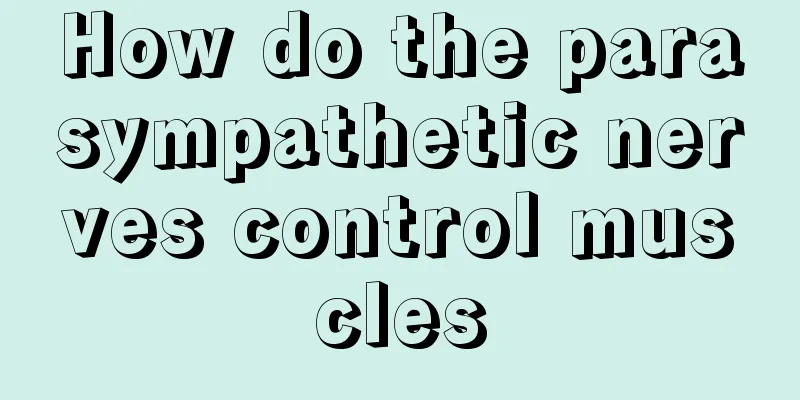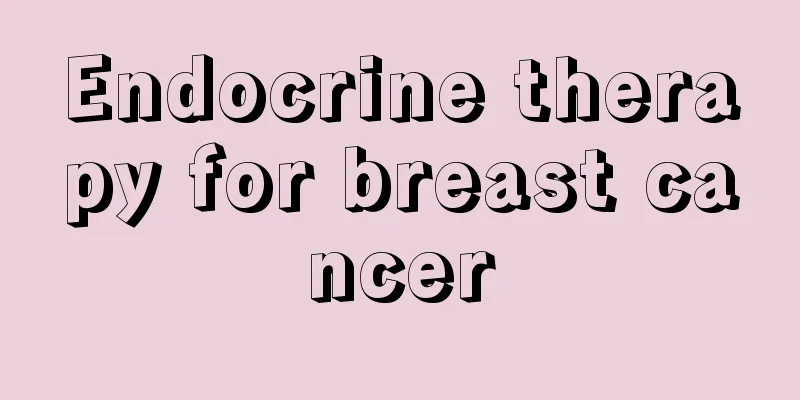Symptoms of chronic cholecystitis

|
Common symptoms of chronic cholecystitis are upper abdominal pain, a feeling of heaviness and discomfort, frequent belching and acid reflux, aversion to greasy food, nausea, and other symptoms and signs. Symptoms may also include dry stools and tenderness in the gallbladder area. 1. Symptoms The clinical manifestations of chronic cholecystitis are quite inconsistent, but pain in the gallbladder area is always the main symptom. The disease is a chronic, protracted process characterized by alternation between mild and severe symptoms and repeated attacks. (1) Dull pain, bloating, heaviness or discomfort in the right upper abdomen. (2) Symptoms of indigestion such as belching, acid reflux, abdominal distension, and burning sensation in the stomach. (3) Nausea, aversion to greasy food, or symptoms that worsen after eating high-fat foods. (4) Pain and discomfort in the right shoulder, right scapular area, or right back. This is reflex pain caused by inflammation of the gallbladder or adhesions with the surrounding area involving the right phrenic nerve or right intercostal nerve. (5) Some cases may present with biliary colic. It is mostly caused by spasmodic contraction of the gallbladder duct due to stimulation from smaller stones or purulent bile. Colic is often very severe and is often difficult to stop with drugs such as atropine. When colic occurs, the patient will curl up with his arms around his abdomen or toss and turn restlessly, often holding his breath or being unwilling to speak in an attempt to relieve the pain. Colic can last for several minutes or hours and may be accompanied by nausea and vomiting. It is often relieved after vomiting, or it may stop suddenly and not recur. Some people stop after repeating it several times. (6) The stool may be dry, loose, or sticky and uncomfortable. 2. Physical signs ① Tenderness and percussion pain in the gallbladder area, but no rebound pain. ② There may be a low fever, but most people have normal body temperature. ③Tenderness at the gallbladder point, liver point, and gallbladder point. ④Tenderness point of right phrenic nerve. Between the lower crus of the sternocleidomastoid muscle on the right side of the neck. ⑤ When bile stasis occurs, an enlarged gallbladder can be felt. ⑥ Viral and parasitic cholecystitis may cause hepatosplenomegaly. ⑦ Jaundice occasionally occurs, which is more common in Clonorchiasis sinensis cholecystitis. |
<<: What should I do if an elderly person develops bedsores due to long-term bed rest?
>>: What causes urinary stones?
Recommend
Can kidney deficiency cause dry cough?
Recently, it has been said that kidney deficiency...
What are the causes of frequent urination and urgency?
Our bodies excrete a lot of waste through urine e...
Can I use enema if I don't have the urge to defecate?
Constipation is quite common in our life and ther...
Narcolepsy that harms oneself and others
Narcolepsy is a mental illness that is prone to o...
Can people with chickenpox eat spinach
Chickenpox is a skin problem that occurs in many ...
What to do if your ears are moldy
Everyone knows that the ears are a relatively imp...
I get acne on my chin in the summer
The face is the most prone place for acne. Acne c...
Is beer cold in nature?
Beer is a very popular drink, especially in the s...
Chicken breast correction belt
Pectus pigeonae is a relatively common deformity....
The dangers of living in a basement for a long time
Many people have heard of and lived in basements....
What are the treatments for cervical cancer?
In recent years, cervical cancer has become one o...
Which foods can help treat testicular cancer
When we were little, our family would give us som...
The consequences of not treating dental cyst
Oral problems are still very prominent in today&#...
Is right lobe adenoma of the thyroid serious?
In recent years, the incidence of tumors has been...
What medicine is good for phlegm in the throat? Chinese patent medicine is the best choice
The phlegm in the throat may be of five types: co...









